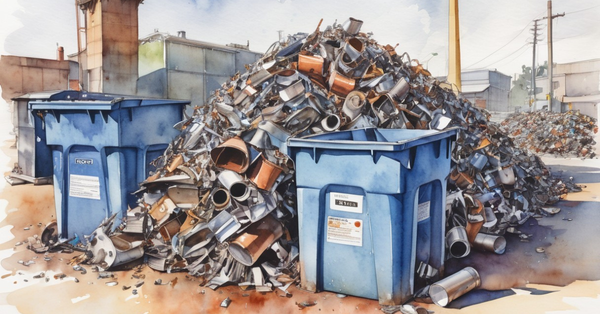Dec 09, 2024
If You Can't Use Them, Recycle Them
Optimizing Merging at Scale Mitigates Performance Tradeoffs

Authors
Muhammad Khalifa, Yi-Chern Tan, Arash Ahmadian, Tom Hosking, Honglak Lee, Lu Wang, Ahmet Üstün, Tom Sherborne, Matthias Gallé
Abstract
Model merging has shown great promise at combining expert models, but the benefit of merging is unclear when merging ``generalist'' models trained on many tasks. We explore merging in the context of large (∼100B) models, by \textit{recycling} checkpoints that exhibit tradeoffs among different tasks. Such checkpoints are often created in the process of developing a frontier model, and many suboptimal ones are usually discarded. Given a pool of model checkpoints obtained from different training runs (e.g., different stages, objectives, hyperparameters, and data mixtures), which naturally show tradeoffs across different language capabilities (e.g., instruction following vs. code generation), we investigate whether merging can recycle such suboptimal models into a Pareto-optimal one. Our optimization algorithm tunes the weight of each checkpoint in a linear combination, resulting in a Pareto-optimal models that outperforms both individual models and merge-based baselines. Further analysis shows that good merges tend to include almost all checkpoints with with non-zero weights, indicating that even seemingly bad initial checkpoints can contribute to good final merges.
Related works


